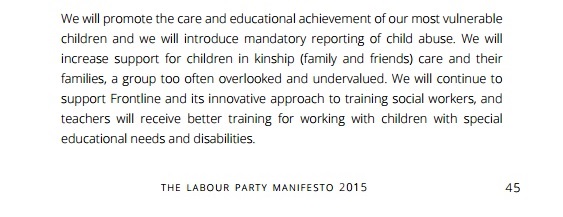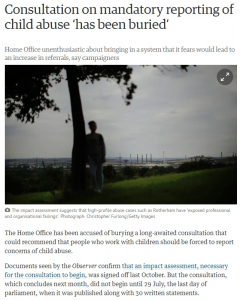Confused Football Association safeguarding policy fails children
Press Release
FA ‘Grassroots Football Safeguarding Children’ Policy
With this much confusion in the FA’s approach to child protection, it will be no surprise to discover that much abuse in football continues to go unreported.” says Tom Perry of Mandate Now, the pressure group which leads the agenda for the introduction of Mandatory Reporting of known and suspected abuse in ‘Regulated Activities’ including sport.
In advance of today’s debate in the House of Lords ‘Allegations of Child Sexual Abuse within football clubs’ Lord Addington (Estimated start 14.00), Mandate Now has reviewed the FA’s ‘Grassroots Football Safeguarding Children Policy’ and in addition the child protection template for club usage.

